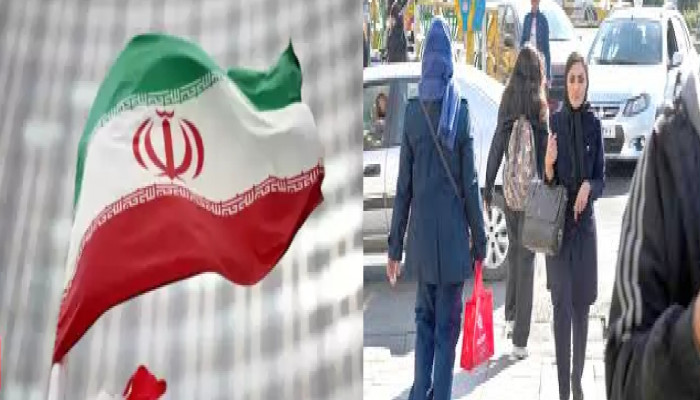Iran considers relocating capital to Makran, shifting focus from Tehran
- In Reports
- 07:42 PM, Jan 10, 2025
- Myind Staff
Iran has decided to move its capital from Tehran, the country's largest city in the north, to the southern coastal area of Makran. According to the Persian-language satellite TV station Iran International, the decision is based on economic and environmental concerns.
According to the Tehran Times, official spokesman Fatemeh Mohajerani confirmed the plans at a press briefing on Tuesday. "The new capital will certainly be in the south, specifically in the Makran region," Mohajerani said. She went on to highlight the project's collaborative character, stating, "We are seeking assistance from academics, elites, and experts, including engineers, sociologists, and economists." The relocation is still in the exploratory stage and is not a top priority, Mohajerani explained. Mohajerani emphasised the creation of two councils whose duties include resolving the problems in the present capital and investigating the possibility of utilising the maritime economy by relocating to the Makran coast.
The Makran region, situated in Iran's Sistan and Baluchestan Province, holds strategic importance due to its close location to the Gulf of Oman. Relocating Iran's capital is expected to be expensive and take a long time, possibly causing significant changes to the country's cultural identity. The proposal has already drawn criticism from politicians and others toward Iranian President Masoud Pezeshkian. Iran is now experiencing a difficult economic downturn, thus the decision comes at a difficult moment. Iran's currency, the rial, fell to a record low last month, according to Newsweek. Established during the reign of Agha Mohammad Khan, the first monarch of the Qajar dynasty, Tehran has been the capital of Iran for more than 200 years.
The idea of moving the capital isn't new. It was first suggested during Mahmoud Ahmadinejad's presidency in the early 2000s and has been brought up again by President Masoud Pezeshkian. The plan aims to address Tehran's long-standing issues like overpopulation, water shortages, and power problems. However, it hasn't been implemented before because of financial challenges and political disagreements. Tehran, which has a population of almost 9 million, is still dealing with serious issues. With significant air pollution, water shortages that are frequently referred to as "water bankruptcy," and frequent power and gas outages, it is one of the most polluted cities in the world.







Comments